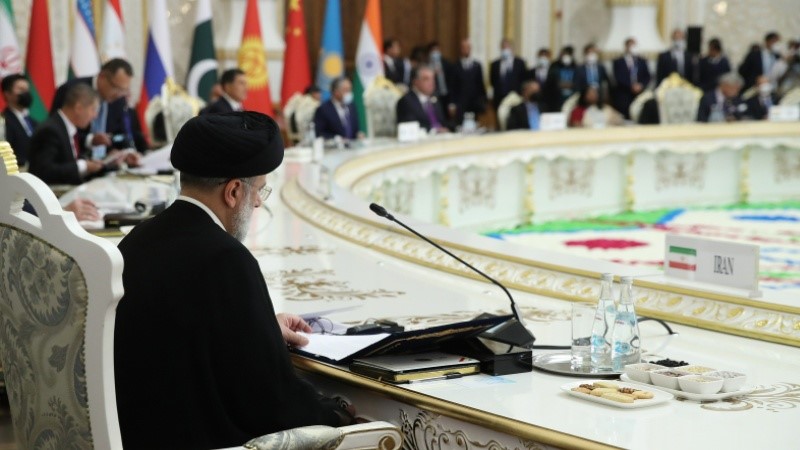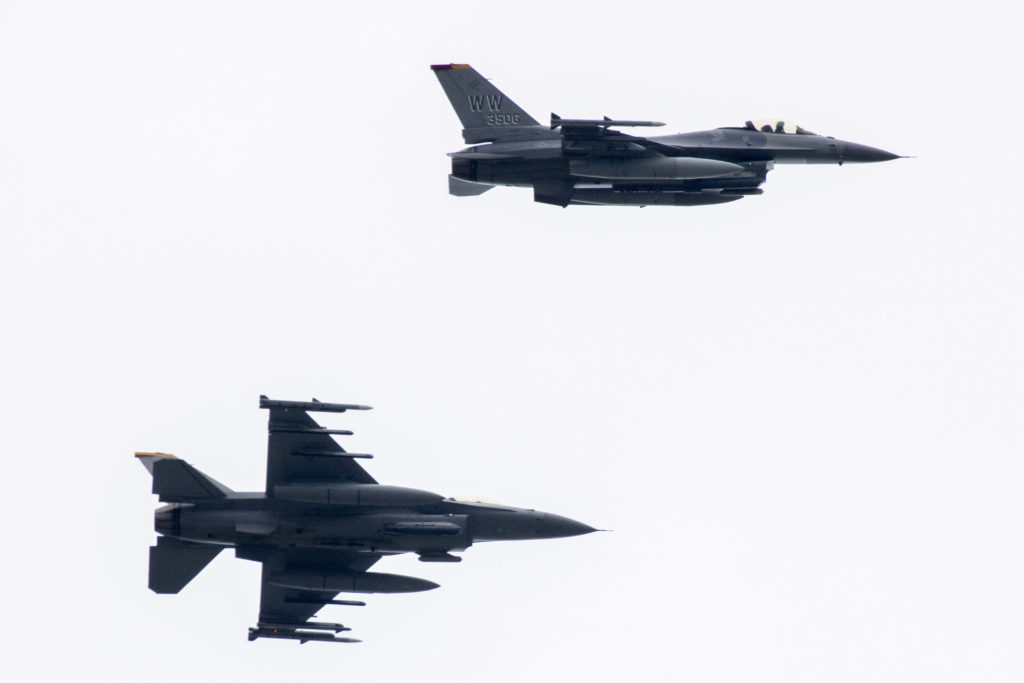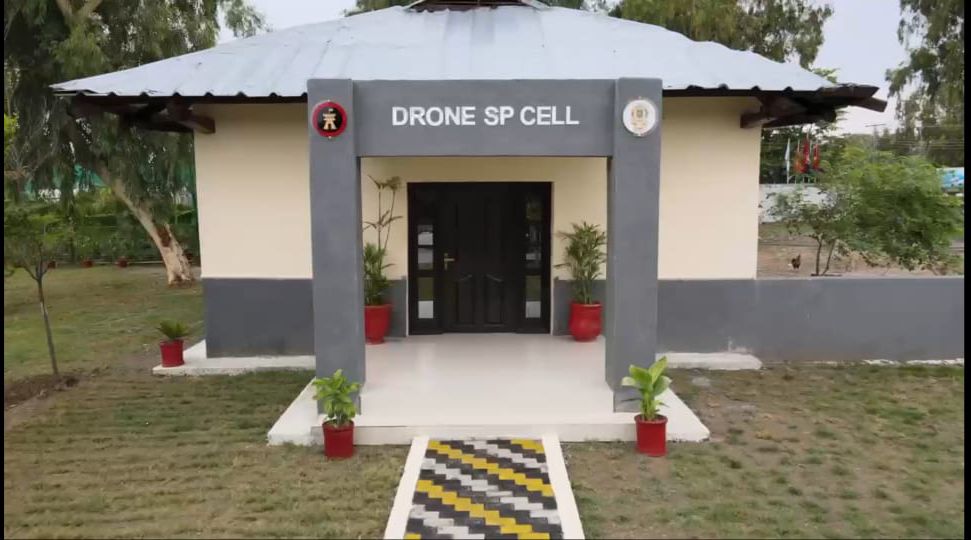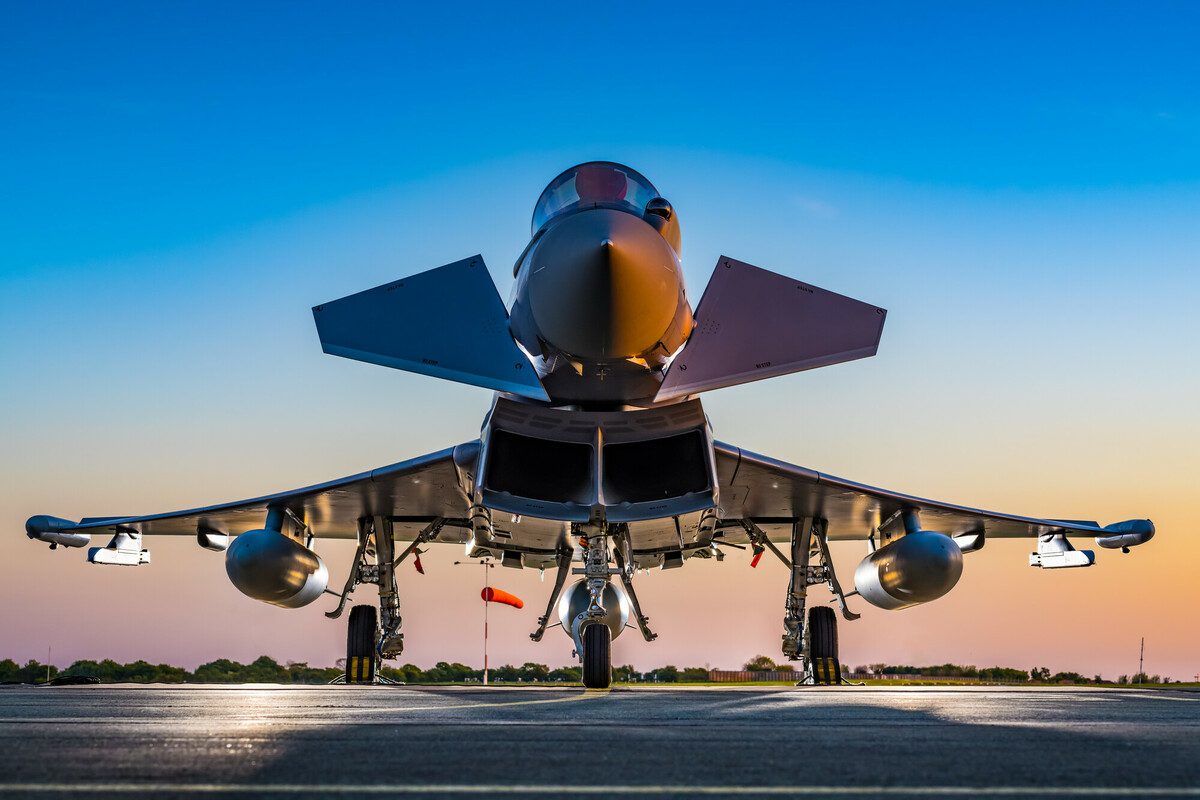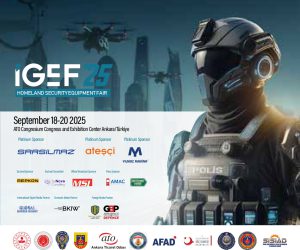After the Iranian Revolution in 1979, the Islamic State of Iran primarily acquired the seat of permanent membership in the economic, political, and security-based Eurasian organization of Shingai cooperation (SCO) on Sep 17, 2021. SCO was laid out in 2001 by China, Russia, and four Central Asian states (Tajikistan, Uzbekistan, Kirghizstan, Kazakhstan), while Pakistan and India joined it as full-members in 2017.
Since 2005 Iran was carrying the status of Observer State, and subsequently, after 15 years of its bid for full membership, it finally becomes the ninth organ of this Multilateral Eurasian alliance. Though the technical and legal process will take no less than two years, Iran’s incumbent President Ebrahim Raisi counts it as the “Great Diplomatic Achievement”.
The major impediments in this way were initially posed by UN sanctions taking the state as a threat to world peace and US sanction that put an embargo on the country. Iran’s defiance of US hegemony in the central Asian region and the unsolved game of Nuclear-deal were constituting blockade by the western world. In 2015 when Iran was acquitted of UN retributions and was able to participate in the bloc.
Read More: Iran’s interests in Afghanistan after the U.S. departure and Taliban take over
However, the bilateral friction with the Tajikistan regime over Tehran’s perceived backing of the Islamic movement in Tajikistan put a stone on Iran’s membership in SCO. Meanwhile, the situation ameliorated at the beginning of this year as Ministers of the two sides visited each other and last month Tajikistan’s Foreign minister had made clear that Dushanbe has no objection to Iran’s full membership. Also, one cannot shun the role of Russia in this procurement, as the former was campaigning for endorsement in the SCO.
During his maiden foreign visit to Tajikistan for the SCO’s 21st summit, since coming into power in August, the president of the Islamic Republic of Iran said it will initiate a “strong Economic connection” for the country. “Connecting to the valuable resources of Asia is a valuable opportunity for Tehran” he added. President Raisi also noted that the visit” has different facets”, the major two include the execution of Iran’s Foreign policy in the domain of “economic diplomacy and neighborhood policy”. The two dimensions have different implications and incentives.
Read More: Achieving Socio-Economic Development through Peaceful Uses of Nuclear Technology
SCO and Iran’s Economic standpoint
Iran’s seat in SCO will defiantly build Iran’s economy and not only introduce but will also render access to the Asian markets to sell oil and non-oil products as an Iranian substantial asset. The window will provide an opportunity to join economic trade routes across Eurasia.
Iran is already an organ of the International North-South Trade Corridor and acts as a link. The Shanghai pact will further increase its jurisdiction. As the group constitutes about 40% of the world population and more than 20% of the Global GDP. Since the body wraps one-third of Earth’s landscape, it will proffer quiet space to the Islamic republic to maneuver.
Read More: Why did Ghani choose to escape?
The Eurasian alliance has the benefit that accession will further increase its sphere of influence and get advantaged from the natural resources. One can think of the economic progress ahead by analyzing the fact that, Iran has entered the community just now, and it has revitalized the relation (economic & diplomatic both) in one fell swoop with the member states.
It’s a good friend of Russia, it joins Kazakhstan to enhance economic capacities, working on specialized groups to boost the economy with Armenia, overhauling ties with Tashkent, and also set a target of $500m trade with Tajikistan. Besides this Tehran and Beijing have in July signed a 25-year cooperation agreement in which the former has pledged to invest $400 billion to $600 billion amidst the paralyzing US sanctions.
SCO and Diplomatic frame of mind
The pace in the direction of “Asia-centered policy” oriented towards neighbors will surely have an important impact on multilateral cooperation, as Iranian foreign minister Amir Abdollahain said.
Nicole Grajewski, an international security fellow mentioned that “membership would also bolster Tehran’s role in managing regional security and further its quest to add on”. He also added that the pace will additionally amplify the “International legitimacy” which is very much recommended for the given country.
Read More: Iran joins Eurasian Bloc – A step towards economic integration
Conclusively, the Islamic Republic of Iran must not expect the coalition to meet all its demands and needs. Contrary to Iran’s misperceptions, coalition is not purely anti-American, anti-NATO, or anti-western, and as the organization is based on consensus in Grajewski’s words it is “unlikely for Iran to entail any fundamental changes in the Organization.” The benefits directly from the mouth of the horse are marginal nevertheless member states could run after bilateral concurrences.
Author: Waqar Ahmed
He is a student of International Relations at NUML, Islamabad. His area of interest involves Middle Eastern Politics. The views expressed in the article are the author’s own.
- Global Defense Insighthttps://defensetalks.com/author/umair/
- Global Defense Insighthttps://defensetalks.com/author/umair/
- Global Defense Insighthttps://defensetalks.com/author/umair/
- Global Defense Insighthttps://defensetalks.com/author/umair/


